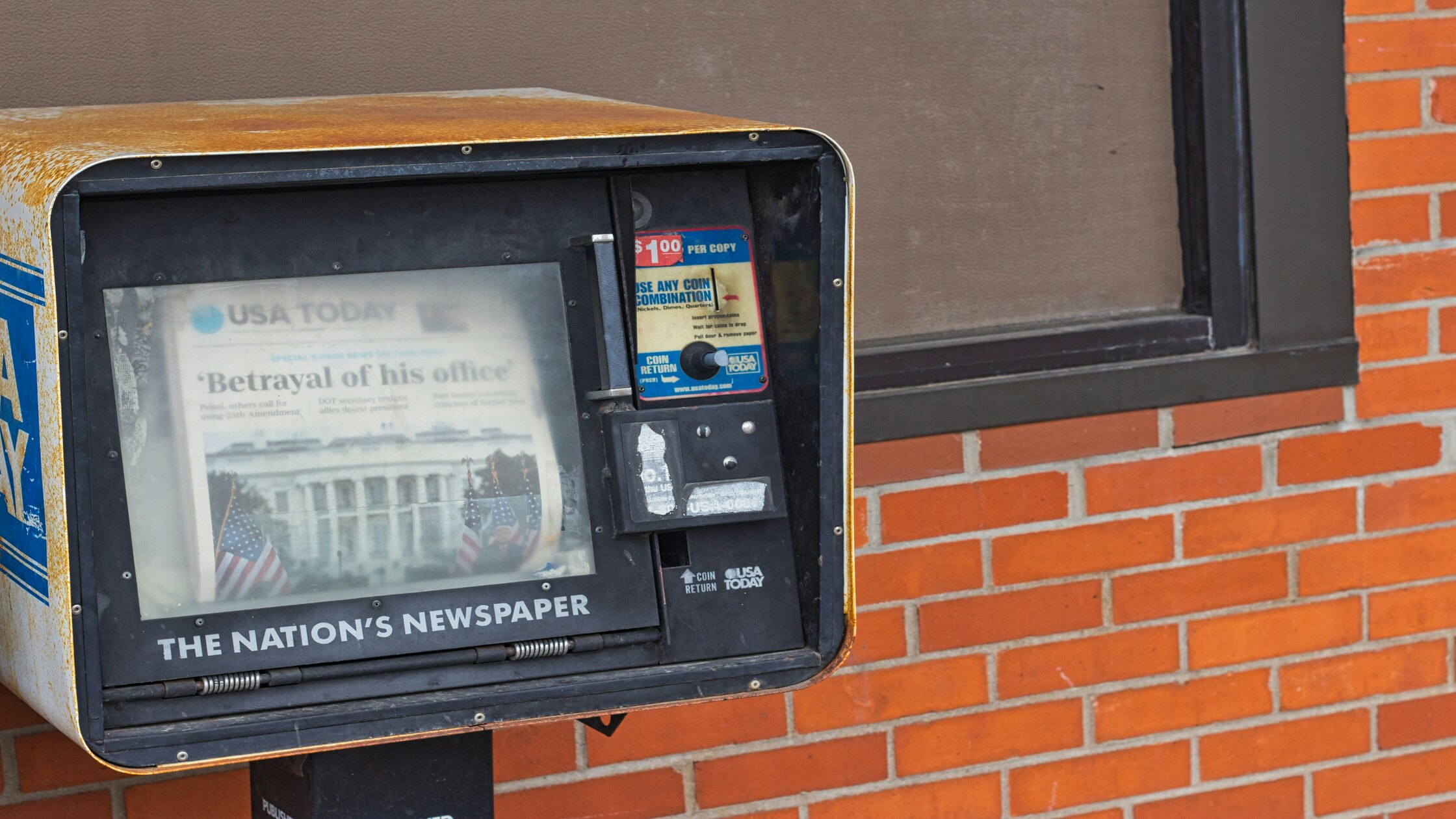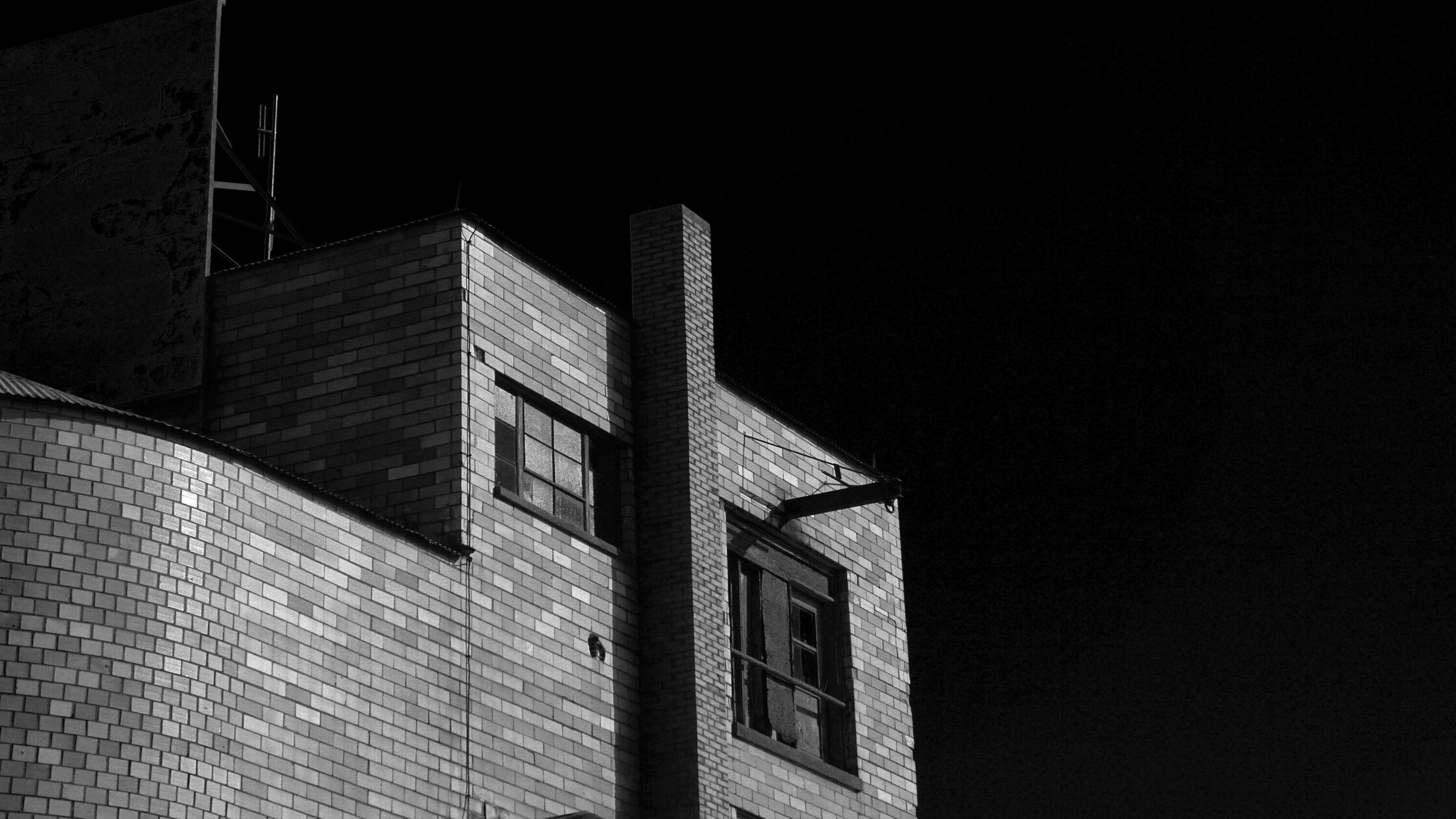Kentucky stands out for its vibrant culture, active communities, and rental prices that are among the most affordable in the U.S. But to make the most of renting in the Bluegrass State, understanding Kentucky rent laws is a must.
Whether you're a landlord overseeing multiple properties or a tenant seeking a smooth rental experience, knowing these laws can prevent disputes and ensure clear communication. Stay informed and protect your interests.
Understanding Rent Payment and Due Dates in Kentucky Rentals
When Is Rent Due By Law in Kentucky?
"What day is rent considered late in Kentucky?” If no specific due date is listed, the law presumes payments are due at the beginning of the rental period, usually the first day of the month or, sometimes, quarterly and annually.
Therefore, to ensure clarity and consistency, landlords should clearly state rent due dates in the lease agreement. This way can also help reduce misunderstandings between tenants and landlords and maintain healthy relationships for both sides.
Legal Consequences of Late Rent Payments in Kentucky
Unlike some states, rental laws in Kentucky do not require a legally mandated grace period for late rent payments. Because of that, landlords can consider rent late the day after the due date unless otherwise specified in the lease.
However, it is recommended that a grace period (typically 3-5 days) be adopted to allow tenants some flexibility.
Consequences of Late Payments:
- Late Fees: Kentucky law does not cap late fees, but landlords must ensure they are reasonable and not punitive. The suggested amount is normally around 5 - 10% of monthly rent.
- Lease Violation: Late payments may trigger a lease breach, allowing landlords to initiate eviction proceedings. In these cases, chronic late payments should be documented thoroughly as evidence of potential disputes.
How to Properly Handle Late Payments Under Kentucky Rent Laws
When rent payments are late, landlords should follow a structured approach to address the issue without escalating tensions unnecessarily:
Step 1: Issue a Written Notice
- Notify tenants promptly when rent is overdue.
- Include the overdue amount, applicable late fees, and a payment deadline. (Normally, landlords in Kentucky should give tenants 7 days' notice to pay the due rent. If the renters can pay during this period, the total eviction process can stop).
Step 2: Offer Payment Plans
- In cases of financial hardship, landlords can propose structured repayment agreements.
- These agreements should be documented to protect both parties.
Step 3: Enforce Lease Terms
- Consistently applying late fees and consequences prevent future issues.
- For chronic late payments, landlords can serve a formal "Pay or Quit" notice as a precursor to eviction.
Professionalism and written documentation are critical to resolving payment issues efficiently while maintaining legal compliance.
Kentucky Rent Increases: Rules and Regulations for Landlords

When Can Landlords Legally Increase Rent in Kentucky?
Under Kentucky rent laws, rent increases are permissible only at the end of a lease term unless otherwise specified in the agreement.
- Fixed-term leases: Rent increases are prohibited during the lease period without mutual agreement (which is what a landlord cannot do in Kentucky).
- Month-to-month tenancies: Rent increases are allowed but require proper notice.
This ensures tenants have stability during their lease while granting landlords the flexibility to adjust rents for new lease periods.
How Much Can Rent Be Increased in Kentucky?
Kentucky does not have rent control laws, allowing landlords to determine rent increases based on market conditions. However, rent hikes must be reasonable to avoid driving tenants away or triggering disputes.
Because of that, landlords should consider:
- Local market comparisons to justify rent adjustments.
- Communicating regarding rent increases clearly to maintain tenant relationships.
- Rent adjustments should correlate with property improvements or increased maintenance costs.
Notice Requirements for Rent Increases in Kentucky
Although Kentucky rent laws do not specify a minimum notice period for rent increases, providing at least 30 days' written notice is a widely accepted standard and best practice.
Tips for effective notice delivery:
- Use certified mail to confirm receipt.
- Clearly outline the new rental amount, effective date, and reasons for the increase.
- Maintain records of all communications to avoid disputes.
All in all, remember to include notice requirements in the lease to protect landlords from disputes and keep tenants informed.
Returned Checks and Tenant Default in Kentucky Rentals

Handling Returned Checks and Non-Sufficient Funds (NSF) Fees in Kentucky
Kentucky laws limit the maximum fee for the returned checks (NSF fees) to $50 (KRS § 514.040).
Suggested Steps To Handle NSF Checks
- Step 1: Notify the tenant. Send a written notice specifying the bounced check and associated fees.
- Step 2: Request alternative payment. Require certified funds or money orders to prevent future issues.
- Step 3: Include NSF policies in the lease and clearly outline potential fees and payment requirements in the agreement.
Once again, proactive communication prevents misunderstandings and ensures tenants understand their financial obligations.
Kentucky's Laws on Tenant Default and Late Rent Payment
Tenant default in Kentucky occurs when a tenant violates lease terms, most commonly by failing to pay rent on time. Kentucky law allows landlords to address these breaches, but proper procedures must be followed to avoid forfeiting their rights.
Key Provisions for Tenant Default
- Acceptance of Late or Partial Rent
Landlords should be cautious when accepting late or partial rent payments after issuing a default notice. Under Kentucky law, doing so can unintentionally waive the right to enforce lease termination.
For example, a landlord accepting partial payment while aware of a breach may undermine their ability to proceed with eviction unless otherwise stated in a written agreement.
- Notice and Opportunity to Cure
When a tenant defaults, landlords must serve a written notice outlining the specific lease violation, such as non-payment of rent. This notice should give the tenant a defined period to address the issue, typically specified in the lease.
Failure to offer this opportunity may result in legal complications or invalidation of eviction attempts.
- Documentation of Interactions
Detailed and clear documentation is important for resolving disputes or pursuing legal remedies. Landlords should keep records of all notices, tenant responses, and payments to demonstrate compliance with Kentucky rent laws in court if necessary.
Legal Remedies for Persistent Default

Landlords can file for eviction if the tenant does not remedy the breach within the notice period. Kentucky law requires landlords to follow judicial procedures to ensure the tenant’s rights are respected.
However, improper handling, such as continuing to accept rent without clarifying terms, can jeopardize the case. By adhering to these legal standards, landlords can address tenant default while protecting their rights and minimizing risks.
Bottom Line
Understanding Kentucky rent laws is more beneficial than harmful. They empower landlords and tenants to navigate the rental process with confidence.
More importantly, these regulations provide a structured framework for handling disputes and maintaining positive relationships, from payment schedules and late fees to rent increases and tenant defaults.



